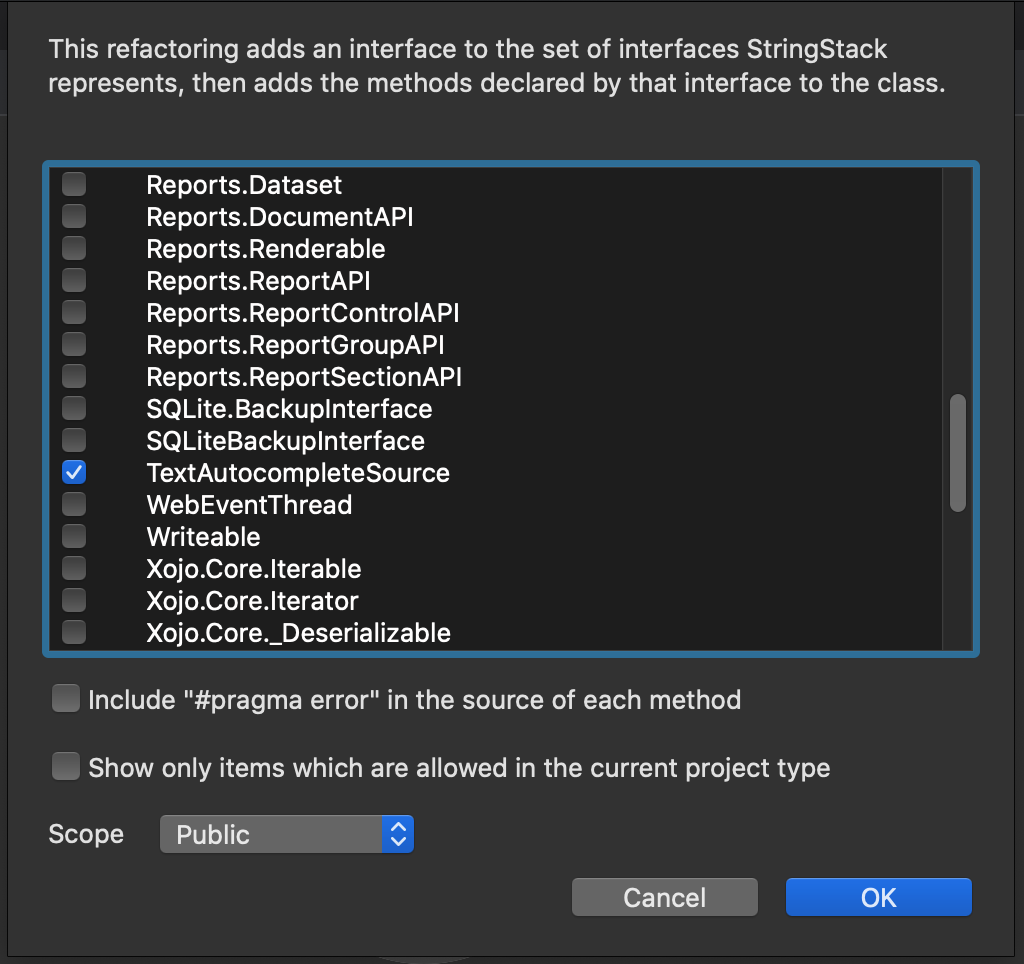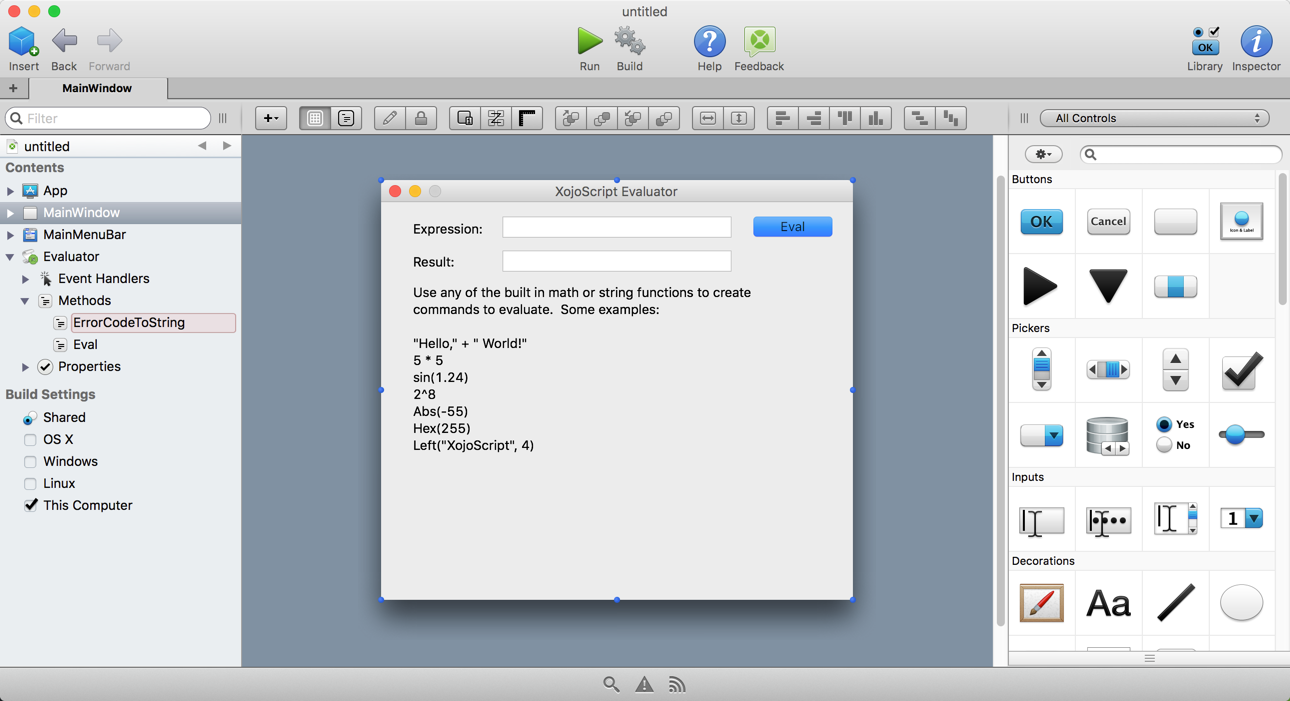Wouldn’t it be nice to have a TextField with Autocomplete for Xojo Apps, like we are used to in the Xojo IDE? You know, you start to type…
4 CommentsCategory: Learning
My kids both recently finished their summer band camps. My son plays the trombone and my daughter plays the saxophone and trumpet. As one of the instructors at band camp said, even if you don’t take up a career in music, learning and playing music exercises important parts of your brain that are useful for learning other things. In fact, some have wondered if learning music helps with math skills.
I think the same thing can be said about coding. In fact, there is research that found students with computer programming skills scored higher on cognitive ability tests than students without any programming skills. Coding teaches you skills that are valuable even if you don’t plan on being a professional software developer. Being able to code means utilizing incredible attention to detail and thinking about problems abstractly, useful skills for anyone – student or professional.
Remember, Summertime isn’t just an opportunity for the kids to learn new things. You’ve still got a month of Summer left, plenty of time to expand your own skill set. While the kids are at band camp or swim camp send yourself to programming camp from the comfort of your air-conditioned home.
1 CommentOn the Xojo forum a user asked if there was a way to execute a formula in Xojo. As pointed out in the conversation, Xojo includes an Evaluator example that does exactly that. It uses XojoScript and I thought it might be interesting to show how it works.
3 CommentsLast year with iOS 9, Apple announced a new security requirement for your iOS and OS X apps: App Transport Security. From Apple’s docs: Starting in…
1 CommentIf you are using Windows 7, Windows 8 or Windows 8.1 you only have a few more days to get your free upgrade to Windows 10.…
Comments closedThe web framework got some love in Xojo 2016r2… General Changes First, the Web Framework now has support for Retina/HiDPI in supported browsers. All controls…
Comments closedAnyone who has built an app in Xojo has used the Listbox method AddRow to create new rows. The iOSTable control in Xojo also has an AddRow method. However, unlike building a desktop app, AddRow is not always appropriate for iOS apps.
Comments closedYour iOS apps uses Views to display information to the user and often your app will have multiple views to show different information. These views can be displayed in different ways.
Comments closedThe new local Language Reference viewer in Xojo 2016r1 supports some useful tricks in its filter field.
This new local Language Reference is enabled by default in new installations. You can also manually enable it in Preferences by choosing “Use built-in documentation” in the General tab.
Comments closedYou can set breakpoints in your Xojo code that cause the debugger to appear when the line of code with the breakpoint is reached. This is incredibly handy to help understand and test your code.
Comments closed



